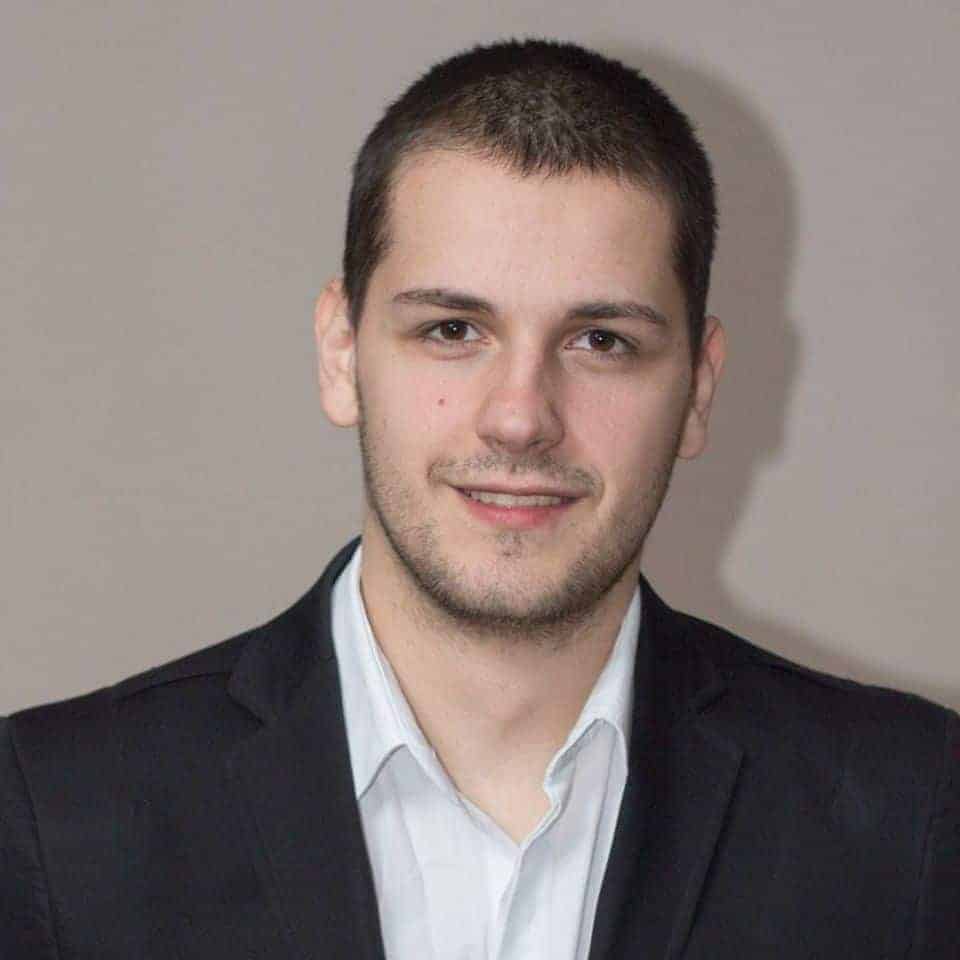
Today, Mystic Mag‘s Marko Velimirovic had the opportunity to speak with Julia Styles, Spiritual Director. We talked about her career as a Spiritual Director, found out what Spiritual Direction really is, and what can a person expect from it.
When did you first know that being a Spiritual Director was your calling and how did it come about?
When I was a young seminary student I was fortunate enough to take classes in spiritual direction. I was not a very contemplative person, but I enjoyed being able to meet with a Christian Spiritual Director further along in their journey to help me notice where God may be working in my life. I loved it, and at the time, I thought, “When I am old and wise I will become a spiritual director.”
Fast forward nine years, I had graduated from seminary, quit my full-time ministry role, and had moved across the country with my husband. I found myself in a period of burn-out and I couldn’t imagine what was next for me. I took up yoga at a local studio, and I was struck by the practices of gratitude and self-compassion. I thought, if I had practiced more gratitude and self-compassion during my time as a full-time minister, maybe I wouldn’t have experienced burn out.
I knew I wanted to help others that had been in a similar situation. The average career length of a pastor is seven years. If every pastor had a regular spiritual direction practice, where they could confidentially sit with another christian and honestly explore their emotions, doubts, frustrations, and challenges, perhaps all pastors would experience a longer, more sustainable, and more fulfilling time in ministry. Although I had not quite achieved the “older and wiser” image of a spiritual director I had in my head, I applied to North Park Theological’s Center for Spiritual Direction the next week. I have now been a Spiritual Director for three years, serving primarily people who consider themselves ministers—pastors, missionaries, chaplains, elders, lay-leaders, seminarians and those discerning a call to ministry. I also meet with people who may consider themselves in a spiritual wilderness and want to re-examine and re-shape their faith to be more inline with their convictions.
What services do you offer?
I offer one-on-one spiritual direction online, meeting monthly or bi-weekly for an hour session. In the Atlanta area, I am also available for preaching, retreat planning, and can officiate weddings and baptisms. I also publish a devotional during Lent and Advent formatted around the practice of lectio divina that can be downloaded or read daily on my website: www.spiritualdirectionwithjulia.com.
How would you describe Spiritual Direction?
Spiritual Direction is the practice of prayerfully listening to another’s story, acknowledging that God is present in all areas of life. Spiritual direction can be centered around discerning where God may be leading them on their spiritual journey, or it can be a sacred space where we acknowledge that God is with us even when we feel lost in the wilderness. As a spiritual director, I use my gift of hospitality to create a warm and welcoming space where you can come as you are and be your authentic self. I encourage directees to practice listening to their inner voice, their body and their emotions, which can often be ignored in religious spaces.
What can a person expect from it?
I meet with people on Zoom. We silence our cell phones and any other distractions, I light a candle to remind us that the Holy Spirit is present, and we start with a time of silent prayer, sometimes a spoken prayer, a grounding exercise (like a body scan), or a scripture or poem that I or the directee has found. After that we usually just have a conversation about whatever has been happening in the Directee’s life, and in a posture of compassion and curiosity, we notice how God may be present in those moments. Before the hour is over we end our session with gratitude for the Holy Spirit for being the true director of our conversation and blessings for the week or month ahead.
What is the most important detail in maintaining a relationship of mutual trust with clients?
It is important to always acknowledge confidentiality—what is said in spiritual direction stays in spiritual direction. Although my title is Spiritual Director, I am really just a companion on the journey; I go into every session with a posture of humility, knowing that what the directee really desires is to experience God, not my advice. I remind myself that the best thing I can do during our time together is listen, respect my client and reflect the love and compassion of God.
What do you love most about your profession?
I love witnessing how God works in people’s lives—how God heals, restores, renews and re-imagines our possibilities. I love to see people come alive as their authentic selves, knowing that the Holy Spirit speaks to them and through them. It is such an honor to serve as a spiritual director.



